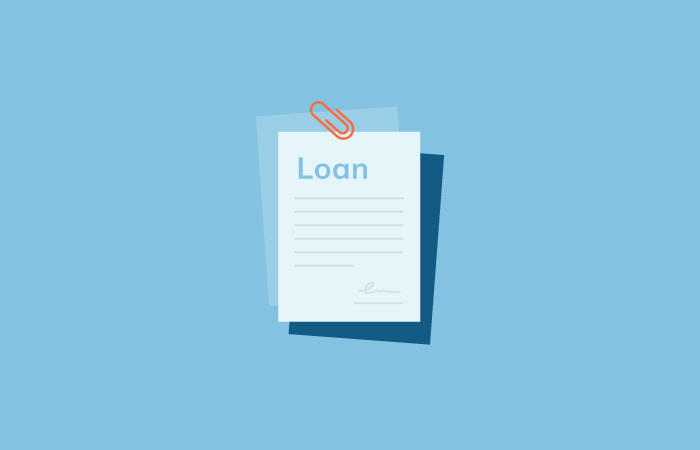Banks and credit unions would have an opportunity to participate in a huge expansion of Small Business Administration (SBA) lending programs under a bipartisan stimulus package approved by the Senate late Wednesday.
Stimulus Bill Expands SBA 7(a) Opportunities for Financial Institutions
March 25, 2020
Read Time: 0 min
About the Author






